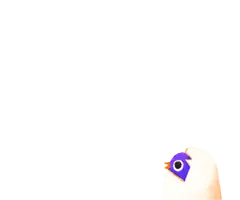Part 14General provisions
Miscellaneous provisions
229Power of Family Court or District Court to call witnesses
In any proceeding before it under this Act (not being criminal proceedings) the Family Court or District Court may of its own motion call as a witness any person whose evidence may in its opinion be of assistance to the court.
The power conferred by subsection (1) shall include power to call as a witness any party to the proceeding or the husband or wife of any party to the proceeding.
A witness called by the court under this section shall have the same privilege to refuse to answer any question as the witness would have if the witness had been called by a party to the proceeding.
A witness called by the court under this section may be examined and re-examined by the court, or by any barrister or solicitor assisting the court, and may be cross-examined by or on behalf of any party to the proceeding or by any barrister or solicitor appointed to represent a child who is involved in the proceeding.
Sections 159 and 161 to 165 of the Criminal Procedure Act 2011, so far as they are applicable and with the necessary modifications, shall apply with respect to every person called as a witness by the court under this section as if that person had been called by a party to the proceeding.
The expenses of any witness called by the court under this section, in accordance with the prescribed scale of witnesses' expenses, shall be paid in the first instance out of public money appropriated by Parliament.
Compare
- 1980 No 94 s 165
Notes
- Section 229(1): amended, on , by section 261 of the District Court Act 2016 (2016 No 49).
- Section 229(5): amended, on , by section 413 of the Criminal Procedure Act 2011 (2011 No 81).


